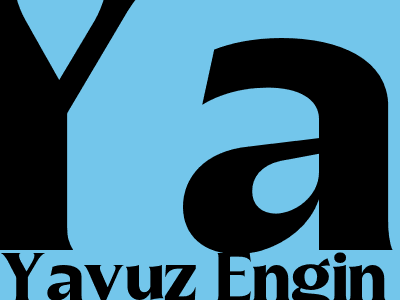Identifying the Literary Genius of Yavuz Engin: A Comprehensive Analysis
Early Life and Influences
Yavuz Engin, a renowned Turkish writer, was born in 1942 in Istanbul. His early experiences in the vibrant metropolis shaped his literary perspective and ignited his passion for storytelling. Engin's childhood was marked by the transformative power of literature, inspiring a deep appreciation for words and their ability to evoke emotions.
Engin's fascination with literature extended beyond his personal enjoyment. He meticulously studied the works of literary giants, both Turkish and international, seeking inspiration and honing his craft. Authors such as Orhan Pamuk, Fyodor Dostoevsky, and Franz Kafka left an enduring impact on his writing style and thematic preoccupations.
Literary Accomplishments and Major Works
Yavuz Engin's literary career spans decades, with a prolific output of novels, short stories, and essays. His works have garnered critical acclaim and prestigious awards, establishing him as a leading figure in contemporary Turkish literature.
Among Engin's most celebrated works is the novel "Harmonica," which explores the complexities of human nature and the search for identity. "The Book of Sand," a collection of short stories, showcases his mastery of the genre, delving into the surreal and the absurd.
Themes and Style
Yavuz Engin's writing is characterized by its exploration of existential themes, such as alienation, loneliness, and the search for meaning. His characters are often introspective and grappling with personal and societal challenges.
Engin's prose is known for its lyrical beauty and evocative imagery. He deftly weaves together poetic language with psychological depth, creating an immersive and thought-provoking reading experience.
Cultural Significance and Legacy
Yavuz Engin's literary contributions have had a profound impact on Turkish culture. His works have been translated into numerous languages, reaching a global audience and introducing Turkish literature to the international stage.
Engin's writing not only entertains but also serves as a mirror to Turkish society, reflecting its complexities and aspirations. His ability to capture the essence of human experience has resonated with readers across generations, cementing his legacy as a literary icon.
Influences on Contemporary Literature
Yavuz Engin's influence extends beyond his own writing, shaping the literary landscape of Turkey. His innovative style and thought-provoking themes have inspired a younger generation of writers, encouraging them to explore new and daring perspectives.
Engin's literary legacy continues to inspire and challenge readers, ensuring that his voice will remain a vibrant force in Turkish literature for years to come.

Comments